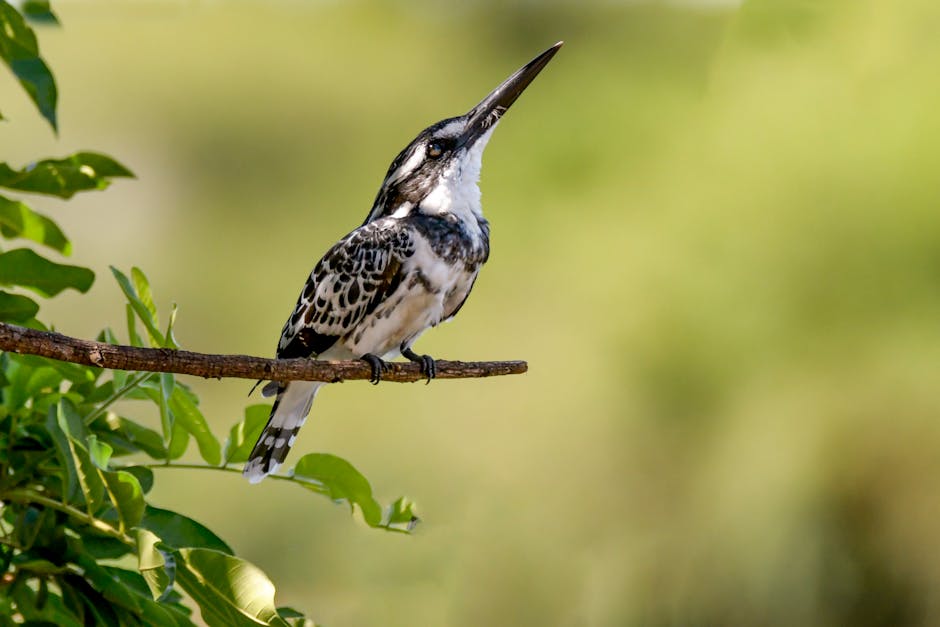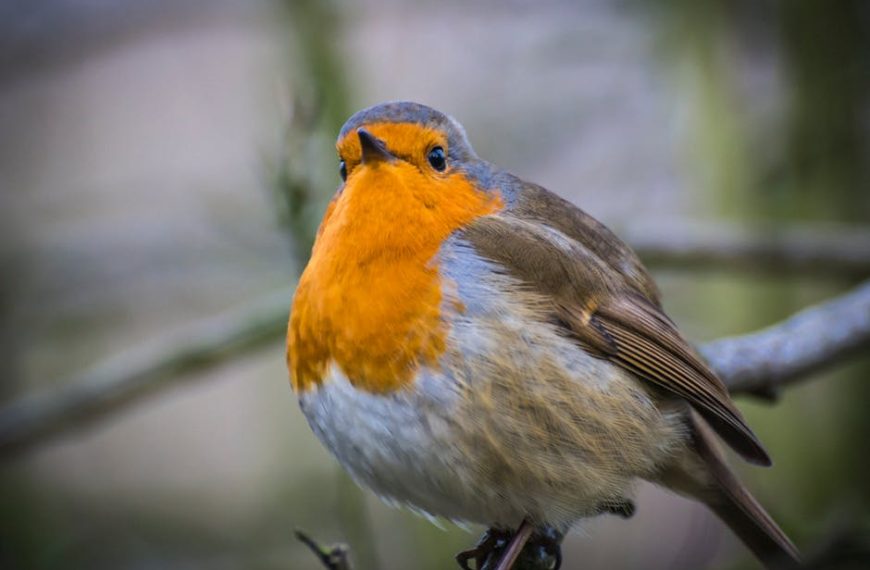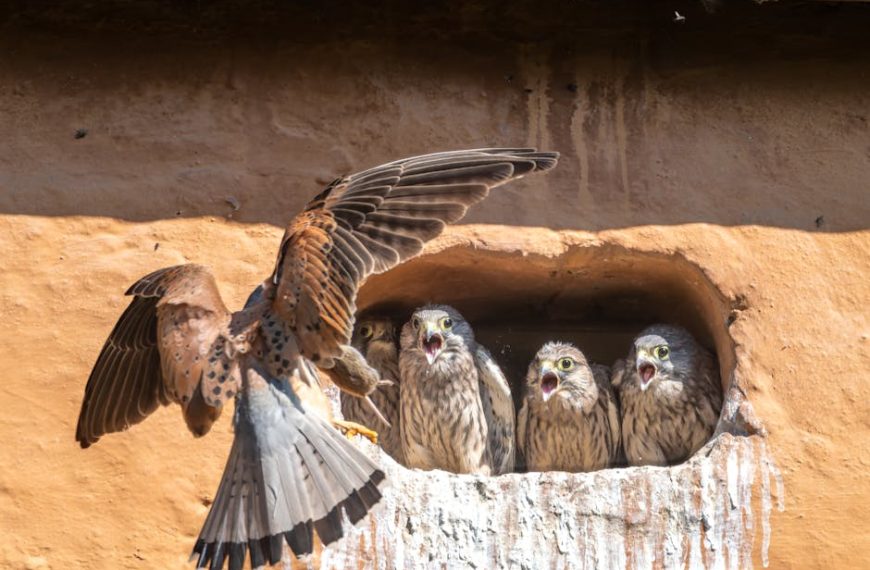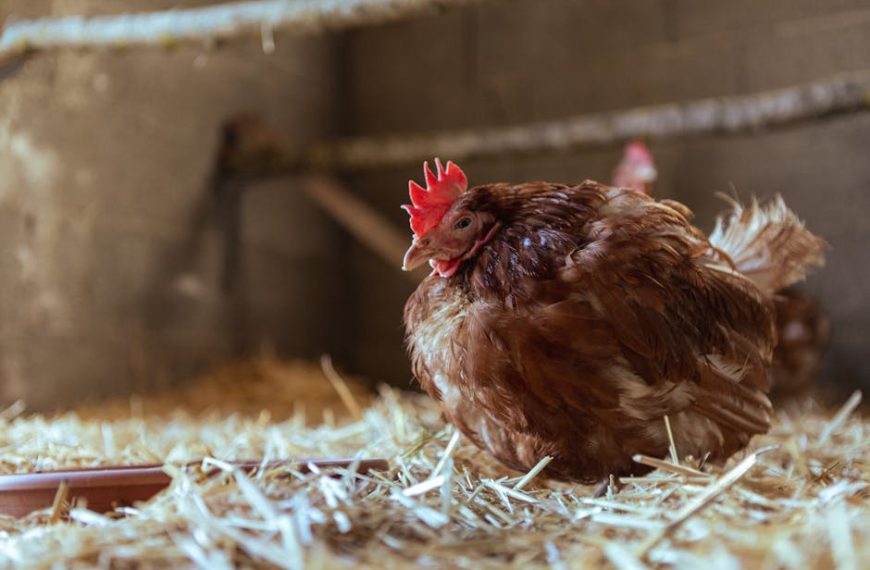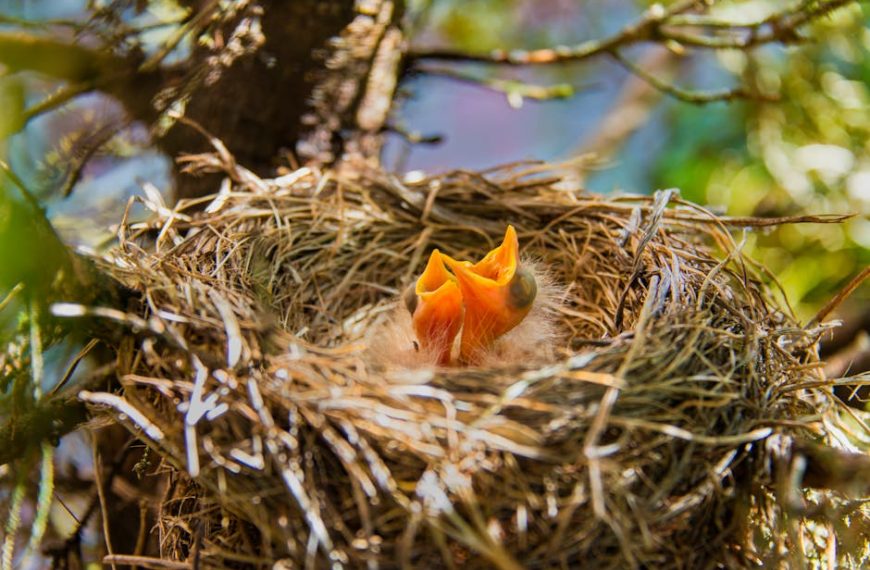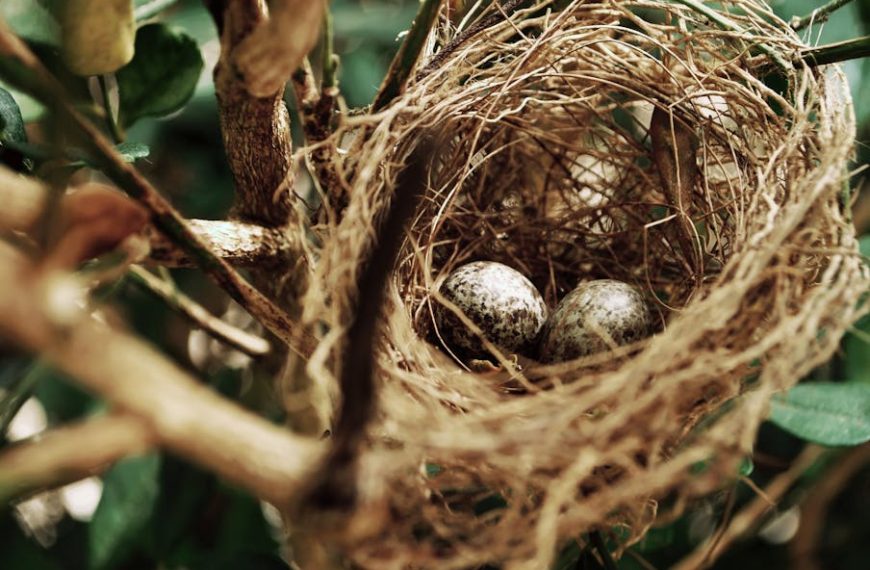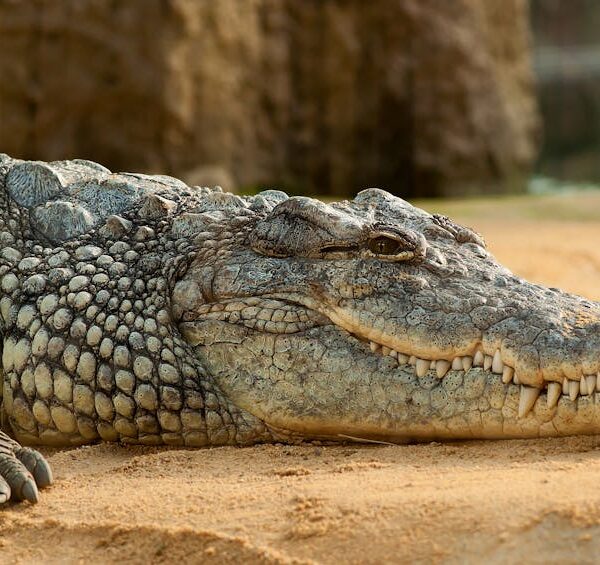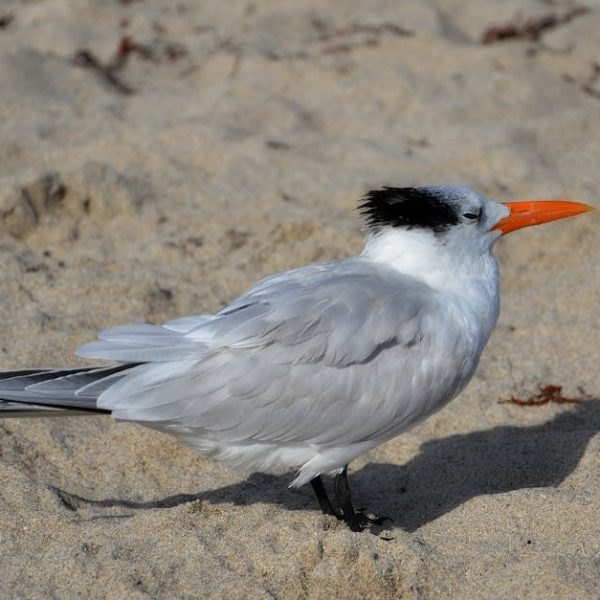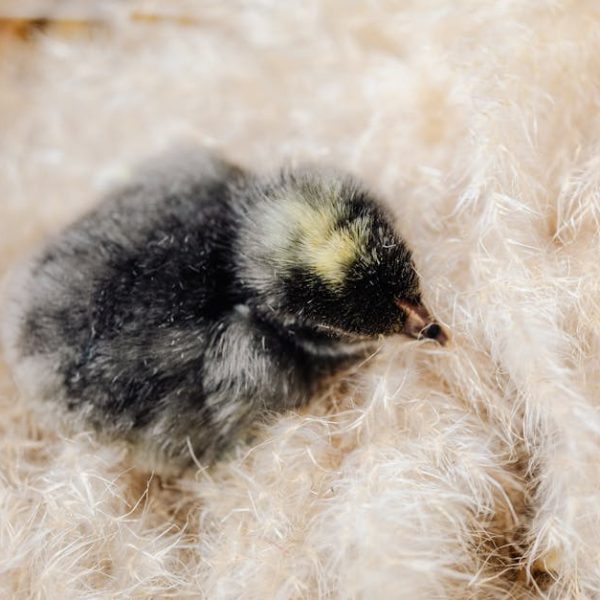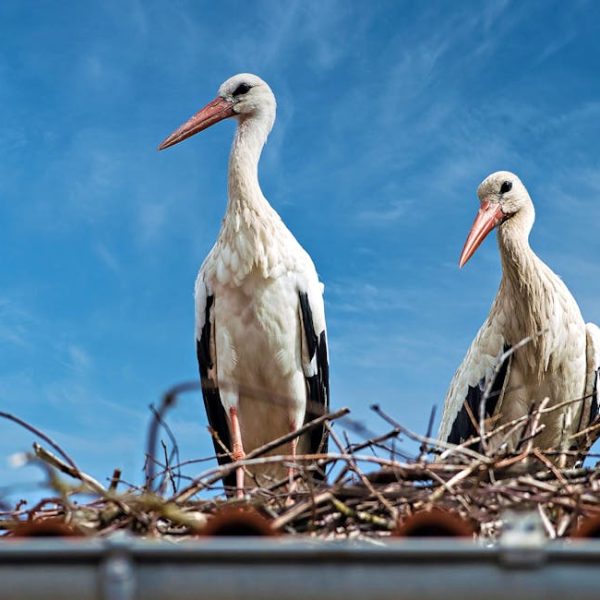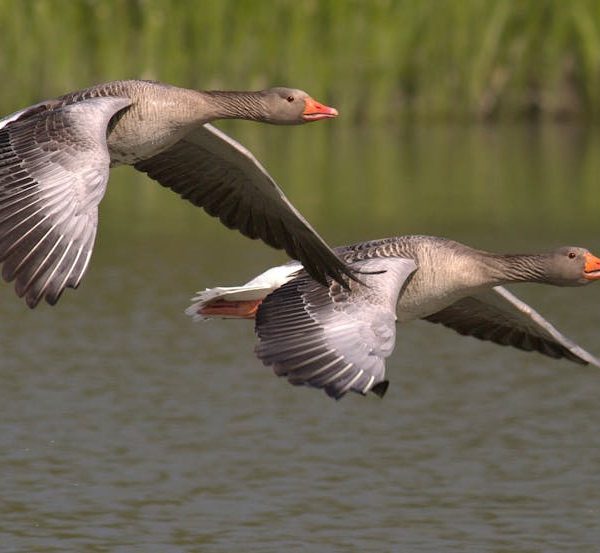Birds, despite their delicate physiques and charming songs, can engage in a behavior that may seem peculiar to us: eating their own eggs. This act, often termed as avian cannibalism, is a phenomenon observed in specific bird species, including chickens, pigeons, budgies, and parrots. It’s driven by a web of factors – from nutritional deficiencies and stress to environmental conditions and certain breeding variables. Let’s delve deeper and explore the underlying reasons behind this intriguing animal behavior.
Understanding Avian Cannibalism: The Scientific Perspective
Bird cannibalism is not a sign of inherent brutality in the feathered beings; instead, it is driven largely by environmental and physiological conditions. Particularly in high-stress situations, birds can show such unusual behaviors. Severe weather, inadequate feeding, or overcrowding can elicit high-stress levels leading to egg eating.
Though cannibalism can be menacing to witness, understanding the causes can be a significant step towards its prevention, especially in domestic or farm birds. Providing enough food, appropriate nesting facilities, and fostering healthy social interaction can prevent such behavior.
Pro Tip: Undue stress to pet birds can result in cannibalism. Ensure your pets feel safe, loved, and mentally stimulated to circumvent this issue.
Nutritional Deficiencies and Egg Eating
A nutrient-supplemented diet is essential for birds. Specific deficiencies – particularly calcium and protein – can motivate birds to eat their own eggs as a compensatory mechanism. Bird eggs are rich in these nutrients; hence, birds instinctively utilize this vital resource to counteract the deficiency.
Comparison:
| Nutrient | In Bird Egg | In Bird Diet |
|---|---|---|
| Calcium | High | Variable |
| Protein | High | Variable |
You can encourage a balanced bird diet by providing fresh fruits, vegetables, and bird-appropriate seeds to fulfill the nutritional requirements and deter egg eating.
Stress Factors Leading to Cannibalistic Behavior in Birds
Beyond nutritional needs, environmental factors also exert a substantial influence on birds’ behaviors. Stressors, such as overcrowded conditions, poor lighting, or aggressive birds in a flock, can trigger egg eating.
Pro Tip: Regular vet check-ups for pet birds can help identify and mitigate any stress-related issues.
Creating an ideal living environment can go a long way in keeping your feathered friends happy and alleviating stress-induced behavior. Maintain comfortable temperatures, ensure adequate lighting, and give your birds ample space to move around freely to promote their overall wellness.
The Impact of Breeding Factors on Egg Eating
Breeding-related variables can significantly impact this behavior too. Birds may resort to eating their eggs due to imperfect nesting areas, infrequent egg collection, or poor incubation practices.
Pro Tip: Regular egg collection and providing comfortable, secluded spots for nesting can help reduce egg-eating tendencies.
Furthermore, unfavorable mating conditions or the absence of male birds can also contribute to the cannibalism. This hints at the complex interplay between reproductive behaviors and this phenomenon, calling for more adept bird handling practices.
Identifying And Addressing Egg Eating in Domestic Birds
If you own birds, it’s essential to know how to identify and mitigate egg-eating behavior effectively. Watch out for broken or missing eggs and observe your bird’s behavior around the nesting area.
Pro Tip: Timely identification of egg-eating behavior can allow for quick intervention. This way, you can prevent it from becoming a habit that is challenging to cease.
Addressing this issue involves a combination of behavior modification techniques. Adapting the bird’s diet to meet its nutritional needs can play a significant role. Ensure that your bird’s diet is rich in calcium and proteins to deter the need for egg consumption. Other strategies include offering toys or other forms of environmental enrichment to reduce boredom and, therefore, the likelihood of egg eating.
Remember, patience and persistence are crucial here. You’re trying to break a pattern of behavior, which can often take time.
Conclusion
In conclusion, birds eating their eggs is a complex behavior driven by a myriad of causes. Despite it appearing disturbing, remember that it’s generally an instinctive response to certain conditions — not a sign of inherent aggression. Understanding the causes and recognizing potential signs can help bird owners effectively manage this phenomenon. Always ensure your birds are well-fed, stress-free, have room to explore, and a healthy breeding environment. With careful observation and proactive management, you can enjoy the delightful company of your feathered friends, free from cannibalistic complications.
Best Practice: Don’t overlook the importance of a balanced diet, appropriate environmental conditions, and regular vet check-ups for your pet birds. These steps can go a long way in deterring egg-eating behavior. Stay observant, patient, and proactive, and see the difference it makes to your avian companions.
Enjoy bird-keeping responsibly and remember – understanding their behaviors is the first step towards fostering their well-being!
Key Takeaway:
- Bird cannibalism is a natural behavior driven by stress, nutritional deficiencies, and environmental conditions, and is common among species like chickens, pigeons, budgies, and parrots.
- Proper bird management, including adequate feeding, good nesting provisions, and social interaction, can help prevent cannibalistic behavior in domestic or farm birds.
- Nutritional deficiencies, particularly calcium and protein, can lead birds to eat their own eggs to compensate for the lack of these essential nutrients.
- Addressing stress factors such as overcrowdling, poor environment, or birds’ temperament can help mitigate egg eating behavior.
- Regular egg collection, providing comfortable nesting spots, and efficient breeding practices can reduce egg-eating tendencies.
- Identifying signs of egg-eating behavior in domestic birds early can help manage it effectively, with methods including dietary adjustments and environmental enrichment.
No matter how puzzling a bird’s behavior might seem, remember that their actions usually have a logical explanation. Providing them with a balanced diet, comfortable environment, and regular veterinary care can help ensure their overall well-being and prevent behaviors like egg eating. Your understanding and care can immensely enhance your bird companions’ quality of life.
FAQs
Q: What signs should I look for if I suspect my bird is eating its own eggs?
A: Signs could include finding broken or missing eggs and observing your bird around the nesting area with traces of egg on its beak or face.
Q: Is egg eating a common behavior among wild birds as well?
A: Yes, some wild bird species also exhibit this behavior, especially under stressful situations or due to nutrient deficiencies.
Q: How quickly can I expect changes after addressing the causes of egg eating?
A: Changing a behavior can take time, and the duration varies from bird to bird. Consistency and patience are key.
Q: Could my bird’s egg eating behavior be a symptom of an underlying health issue?
A: While egg eating can point towards nutritional deficiencies or stress, it might not directly indicate a serious health problem. However, regular vet check-ups are always recommended.
Q: Can providing toys or activities for my birds help prevent egg eating?
A: Yes, offering environmental enrichment like toys or other activities can help keep birds mentally engaged, reducing boredom and the associated likelihood of egg eating.
Don’t hesitate to share this article with fellow bird owners and help them understand their avian friends better. For more informative posts, feel free to explore our website.
